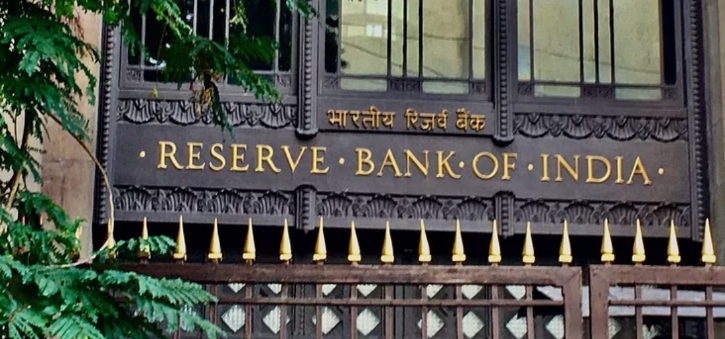We all use various banking facilities in our day-to-day lives, right? But have you ever wondered how banks in India earn money? What are their sources of income? Well, just like banks around the world, banks in India use various strategies to earn money.
Here are some key ways in which banks earn money during their day-to-day operations:
Read More: PM-KISAN: 15th Installment To Be Released Soon; Check How To Complete E-KYC Process
How Banks In India Earn Money

Interest on Loans: One of the primary sources of income for banks is the interest they charge on loans. Whether it’s personal loans, home loans, or business loans, borrowers pay interest on the money they borrow.
Investments: Banks invest in various financial instruments such as government securities, bonds, and stocks. They earn returns on these investments, contributing to their overall income.
Service Charges and Fees: Banks charge customers for various services, such as account maintenance, ATM usage, and transaction fees. These fees contribute to the bank’s revenue.
Read More: Lost Your Aadhaar Card? Here’s How To Get The Aadhaar Number Back
Credit Card Operations: Banks earn money through credit card operations by charging interest on outstanding balances, annual fees, and merchant fees for transactions.
Foreign Exchange Operations: Banks engage in foreign exchange activities, earning revenue through currency conversion and other international financial services.
Interbank Lending: Banks lend money to each other, earning interest on these interbank transactions.
Treasury Operations: Banks manage their own treasury operations, buying and selling financial instruments to generate profits.
Digital Banking: With the rise of digital banking, banks may earn income through online services, fintech partnerships, and digital payment platforms.
Read More: Buying silver this Dhanteras? Don’t make these 10 mistakes!
Who Regulates Banks In India?

India’s central bank, the RBI (Reserve Bank of India) is the money market and the banking regulator in India. RBI has been empowered under the Banking Regulation Act of 1949 to conduct the inspection of banks and regulate them in the interest of the banking system, banking policy and depositors/public.
What To Keep In Mind When Using Banking Facilities

However, it’s important to note that the specific revenue streams can vary between different banks based on their size, focus, and business strategies. Whenever you are availing of any banking facility, like a savings account, bank FD, money transfer, loans, etc, do not forget to check the associated banking charges, if any.





































